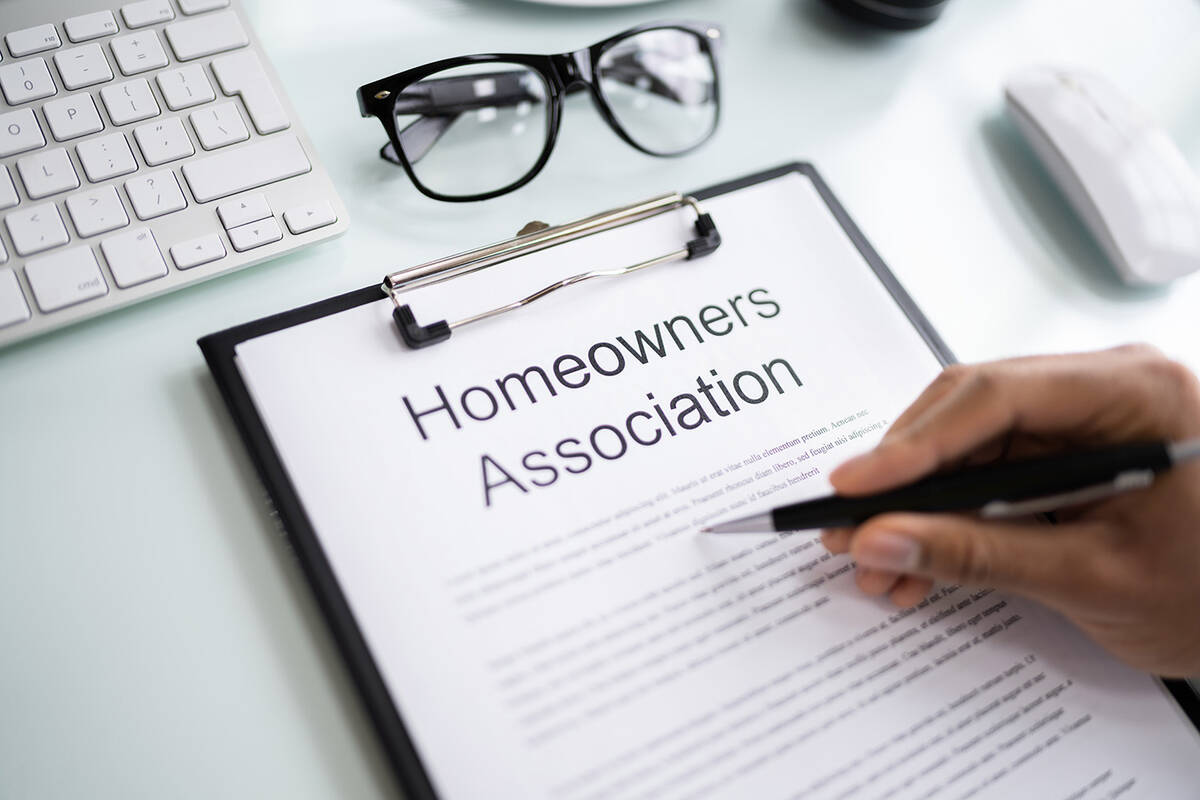Law says HOA president can be removed from office
Q: How many votes are needed in a 168-townhome community to remove the president?
A: Nevada Revised Statute 116.31036 pertains to the removal of a director. A director can be removed with or without cause. Generally speaking, the association receives a written petition from the membership to hold a recall meeting. It must be signed by at least 10 percent of the membership or a lower percentage if stated within your covenants, conditions and restrictions. The board must hold the meeting not less than 15 days and no more than 60 days after getting the petition.
The recall ballot works in the same manner as the election ballot. It must be a secret ballot. The voting procedure is different. There are two requirements. The first requirement is that at least 35 percent of the total number of voting members cast their ballot. In your case, 59 members need to cast their ballot. If the association receives less than 59 ballots, the recall election fails. If the association receives more than 59 members casting their ballots, the second requirement must be met. At least a majority of the ballots cast must approve the recall. In your case, 30 owners must approve the recall.
Q: I’m reaching out to you because I have read articles in the Las Vegas Review-Journal and you have given some good advice and have facilitated some positive change in the “HOA game.” I have a problem neighbor, and that problem neighbor happens to be on the board of directors and also has two other family members in the community at separate addresses.
This board member has gone out of her way to enforce compliance with the CC&R’s but fails to follow them for her or her family members’ homes. I have reached out to the management company several times to question the fairness in the violations to all homeowners, but I am met with little to no response. Meanwhile, violations continue to go out to people she doesn’t like and ignores the ones of those whom she does like. I am beyond fed up and would like to get an attorney who specializes in HOA-related matters, but I don’t know where to start. I’m just a dumb Army guy. I would like to know if I am going about this all wrong or what guidance you are able to provide moving forward.
A: Under NRS 116.31175 (5a-c), you have the right to request a list of the violations. The list must contain a general description of the nature of the violation and the type of sanction imposed. If there was a fine, the form should indicate a fine was imposed. The information may not contain the name or address of the homeowner or any other information that would identify the homeowner. It must be maintained in an organized and convenient filing system that allows an owner to search and review the general records.
By requesting this information, you will have more definitive information from the association. For example, “x” amount of letters were sent because of landscape or noise complaints, along with any fine if applicable.
You also can contact the Nevada Real Estate Division and file a formal complaint. You will need to provide documentation that demonstrates selective enforcement of the rules and regulations.
Q: I live in (condominium building). I have a few questions:
1.) We have not received minutes of homeowners association meetings since April 2021. Is there anything we can do?
2.) Elevators are being repaired/replaced, and they will be out of action for approximately six weeks. This is not fair on handicapped people. Is this legal?
A: Most likely, the association has not had another board meeting. Depending upon the date of the board’s last meeting, they would be required to have another board meeting no later than 100 days from the last meeting.
As for the elevators, you should find out if there will be some rotation of repairs that would allow at least one elevator to be operational. Federal law would require some form of accommodation.
Barbara Holland is an author and educator on real estate management. Questions may be sent to holland744o@gmail.com.



















